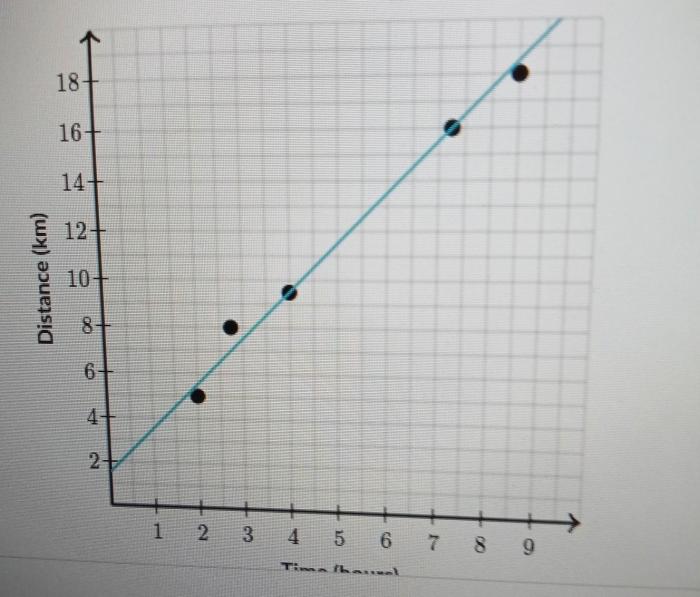Daniel wants to buy a computer to use for playing – Daniel’s quest to purchase a computer specifically for gaming embarks us on a journey through the intricate world of gaming hardware, software, and accessories. This guide delves into the essential specifications, types, and peripherals required for an optimal gaming experience, empowering Daniel with the knowledge to make an informed decision.
With a comprehensive overview of the gaming computer landscape, we explore the advantages and disadvantages of various options, ensuring Daniel finds the perfect fit for his gaming needs and budget. From the latest graphics cards to high-performance processors, every aspect of a gaming computer is meticulously examined, providing a solid foundation for Daniel’s purchase.
Requirements for Gaming Computers
To ensure an optimal gaming experience, consider the following essential specifications when purchasing a gaming computer:
CPU
- Choose a high-performance CPU with multiple cores and threads for seamless multitasking and demanding game workloads.
- Consider Intel Core i5 or i7 series or AMD Ryzen 5 or 7 series processors.
GPU
- Invest in a dedicated graphics card with high VRAM and advanced features for enhanced visual fidelity and performance.
- NVIDIA GeForce RTX or AMD Radeon RX series are recommended for gaming.
RAM
- Ensure sufficient RAM capacity (16GB or more) to handle multitasking, game loading, and background processes.
- Consider DDR4 or DDR5 RAM for optimal speed and performance.
Storage
- Opt for a solid-state drive (SSD) for faster game loading and improved overall system responsiveness.
- Consider a combination of SSD and hard disk drive (HDD) for ample storage capacity.
Cooling
- Ensure adequate cooling to prevent overheating and maintain optimal performance.
- Consider liquid cooling or high-performance air coolers for efficient heat dissipation.
Types of Gaming Computers

Desktops
- Highly customizable and upgradable, allowing for personalized configurations and future upgrades.
- Offers the most powerful hardware and cooling options, but limited portability.
Laptops
- Portable and convenient, allowing for gaming on the go.
- Typically less powerful than desktops and limited in upgradability.
Pre-Built Systems
- Pre-assembled and ready to use, offering a convenient option for those without building experience.
- May offer less customization options and may not provide the best value for the price.
Operating Systems for Gaming

Windows
- Most widely used operating system for gaming, offering extensive game compatibility and support.
- Can be resource-intensive and may require regular maintenance.
macOS
- Optimized for Apple hardware, providing a stable and user-friendly gaming experience.
- Limited game compatibility compared to Windows.
Linux
- Open-source and customizable operating system, offering a wide range of gaming options through Steam and other platforms.
- May require additional configuration and troubleshooting for gaming.
Peripherals for Gaming

Monitors
- Consider a monitor with high refresh rate (144Hz or higher) for smoother gameplay.
- Choose a monitor with low response time (1ms or less) to minimize input lag.
Keyboards
- Opt for a mechanical keyboard with customizable switches for precision and tactile feedback.
- Consider ergonomic keyboards to minimize discomfort during extended gaming sessions.
Mice
- Choose a mouse with high DPI (dots per inch) for accurate and responsive tracking.
- Consider ergonomic mice for comfort and to prevent strain.
Headsets
- Invest in a headset with surround sound capabilities for immersive audio.
- Consider a headset with a built-in microphone for communication during multiplayer games.
Software and Accessories
Game Launchers
- Use game launchers like Steam or Epic Games Store to manage and launch games easily.
- These platforms offer additional features like cloud saves and community interaction.
Optimization Tools
- Utilize optimization tools like Razer Cortex or MSI Afterburner to enhance game performance.
- These tools can optimize system settings, monitor hardware, and provide overclocking capabilities.
Streaming Software
- Use streaming software like OBS Studio or XSplit to broadcast your gameplay.
- These tools offer features for live streaming, recording, and customizing your broadcasts.
Budget Considerations: Daniel Wants To Buy A Computer To Use For Playing
Determine a budget that aligns with your gaming needs and priorities.
Prioritize Essential Components
- Focus on investing in essential components like CPU, GPU, and RAM for optimal performance.
- Consider purchasing used or refurbished components to save money.
Consider Pre-Built Systems
- Pre-built systems can offer a balanced configuration within a budget.
- Research and compare prices from different vendors.
Monitor Your Spending, Daniel wants to buy a computer to use for playing
- Track your expenses to avoid overspending.
- Consider purchasing components gradually over time.
Helpful Answers
What are the key factors to consider when choosing a gaming computer?
Processor speed, graphics card performance, RAM capacity, storage space, and cooling efficiency are crucial factors to evaluate for an optimal gaming experience.
What are the different types of gaming computers available?
Gaming desktops offer the most power and customization options, while gaming laptops provide portability and convenience. Pre-built gaming systems offer a balance between performance and ease of use.
Which operating system is best for gaming?
Windows remains the dominant choice for gaming due to its wide game compatibility and support for high-performance hardware. macOS and Linux offer alternatives with specific advantages for certain games and applications.